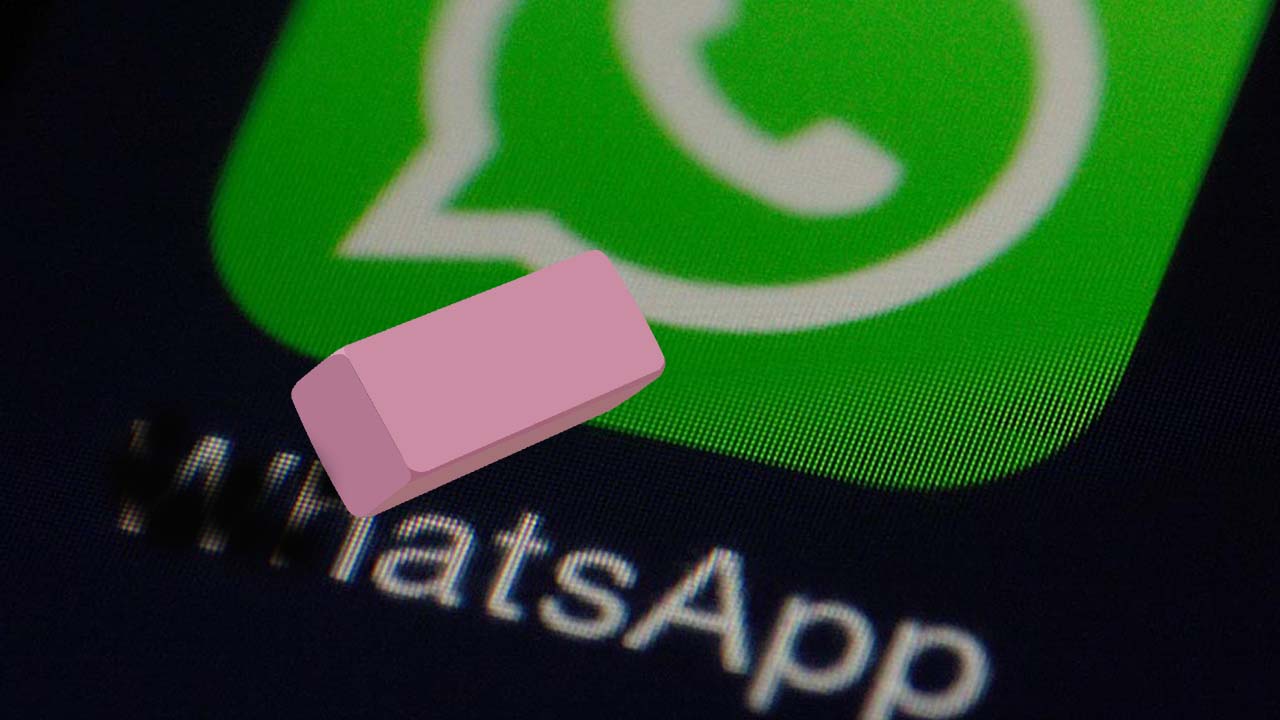How To
Delete for Everyone – WhatsApp’s new Feature will help you Avoid Embarassment

- September 13, 2017
- Updated: July 2, 2025 at 6:47 AM

WhatsApp is the second largest messaging service on the planet behind Facebook. It is, however, not the quickest when it comes to implementing new features and services. Telegram, WeChat and Viber have all had an Unsend/Delete feature for a while now but the sheer size of WhatsApp’s user base means it is big news that the Delete for Everyone feature is finally coming to the little green speech bubble.
According to WABetaInfo, who are constantly releasing details of upcoming WhatsApp and are almost never wrong, WhatsApp now has a dedicated recall server. Not only is the new recall server up and running it is also successfully deleting test messages that have been sent on iOS and Android devices.
DELETE FOR EVERYONE NEWS!
[AVAILABLE SOON!] pic.twitter.com/GQ6eqbNvSn— WABetaInfo (@WABetaInfo) September 12, 2017
There is no clear date yet for when all users will get the Delete for Everyone feature but it looks like when it does finally come, it’ll even be able to delete messages out of notification trays. Any recipients who received messages that have been deleted will find a simple “This message has been deleted” message instead of the any text from the message itself.
What do you think of this new WhatsApp feature? Do you think you’ll use it when finally rolls out to all users? Let us know in the comments below.
11 hidden WhatsApp features you should know about
Our users have been talking about the best resources for chatting with random people on WhatsApp. Join the conversation now!
Follow me on Twitter: @PatrickDevaney_
Patrick Devaney is a news reporter for Softonic, keeping readers up to date on everything affecting their favorite apps and programs. His beat includes social media apps and sites like Facebook, Instagram, Reddit, Twitter, YouTube, and Snapchat. Patrick also covers antivirus and security issues, web browsers, the full Google suite of apps and programs, and operating systems like Windows, iOS, and Android.
Latest from Patrick Devaney
You may also like
 News
NewsAfter sweeping through its country, the Portuguese version of the most iconic series of Spanish television arrives
Read more
 News
NewsThis remake of an iconic film about marital collapse arrives in theaters
Read more
 News
NewsOrange Belgium is facing a significant data leak affecting 850,000 customers
Read more
 News
NewsThis new Netflix series delves into a political crisis led by women
Read more
 News
NewsThe AI tools and how they are redefining the online presence of companies
Read more
 News
NewsDaniel Day-Lewis returns after 8 years of retirement, and he does it in style directed by his son
Read more